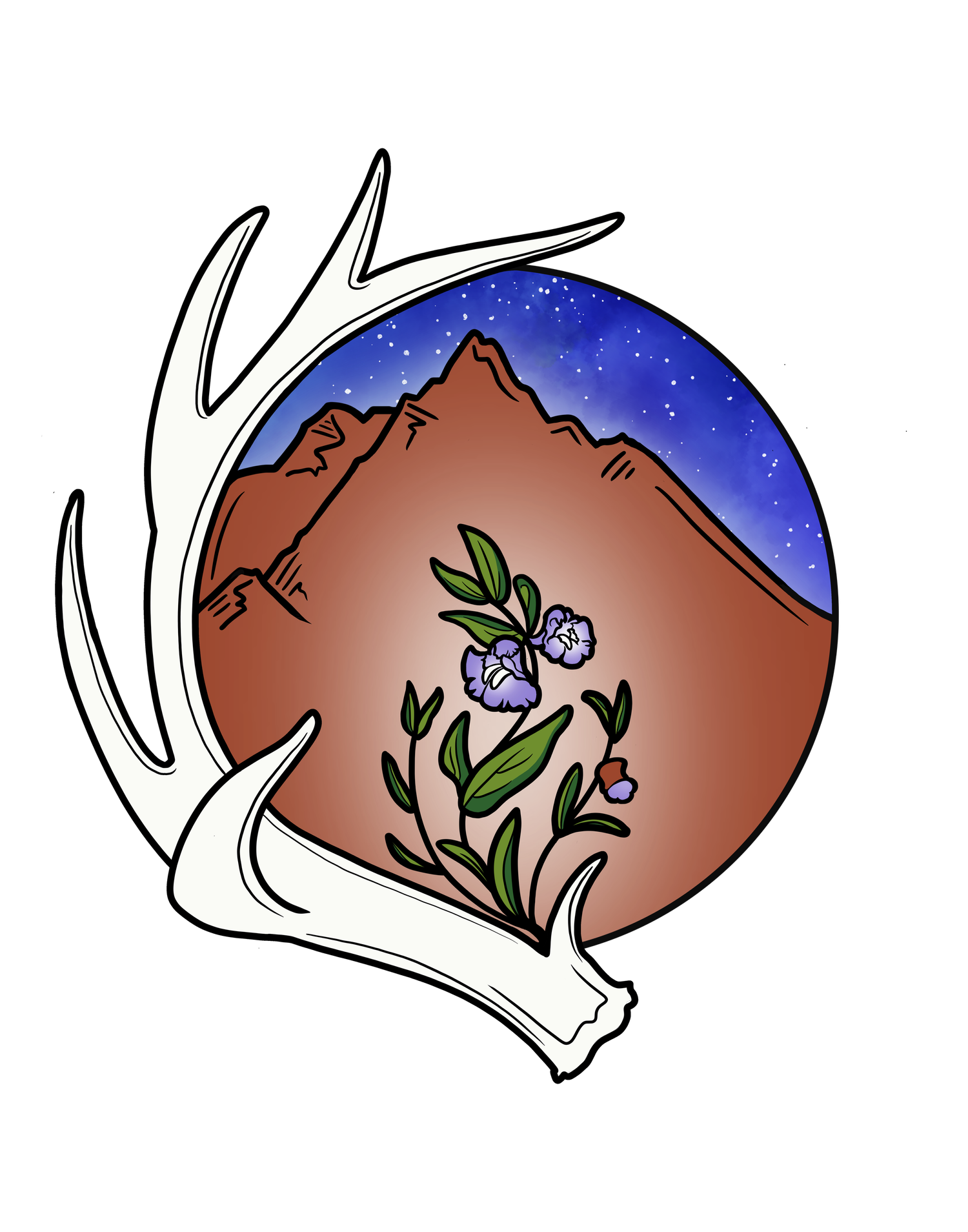The Essentials
A tincture is an extract of a plant. This simple description may not sound very exciting, but for many folks, tinctures are where it's at. While more often an alcoholic extract, it can also be made with glycerine (a glycerite tincture) or vinegar (an acetic tincture). A tincture is made by soaking herbs in the solvent of your choice, then placing it in a dark, cool place for two to six weeks. The liquid is strained from the plant material then bottled. There are several methods for tincturing, including maceration, percolation, and the folk method.
Why Tinctures?
Tincturing an herb has number of benefits over using an infusion or decoction. Some herbs are most effective when used fresh, and tincturing allows the medicine maker to preserve that more potent medicinal action. As a more concentrated extract, tinctures are also easier to accurately dose with. That same concentration also makes it more convenient for acute illness. You often have to take vastly more tea than tincture to achieve the same effect, which of course takes a great deal more time. (Compare taking 90 drops of tincture to a quart of tea!). Tinctures are also easier to transport than a pint of tea, making them more convenient for all your back woods adventures.
Why Not Tinctures?
Most store bought tinctures are alcoholic in nature, which makes it prohibitive to children, pregnant women, or anyone with sensitivities to alcohol. Glycerite tinctures are growing in popularity for children, though glycerin comes with its own downsides for some folks (it can be animal based, highly processed, etc.). As a more concentrated medicine than a tea, tinctures can be easier to take too much of, especially with stronger acting herbs.
How to Learn More
Sign up for one of our medicine making classes, and learn how to make tinctures and how to use them.
OR
